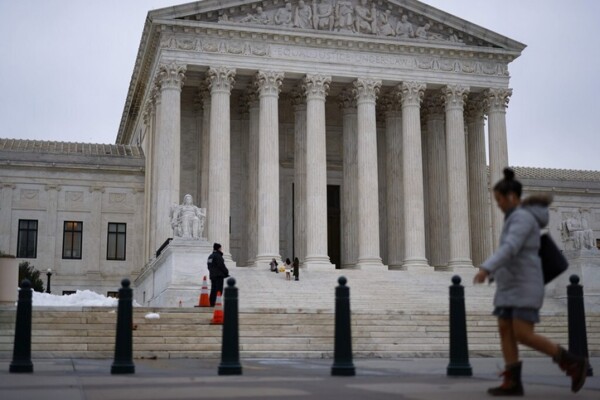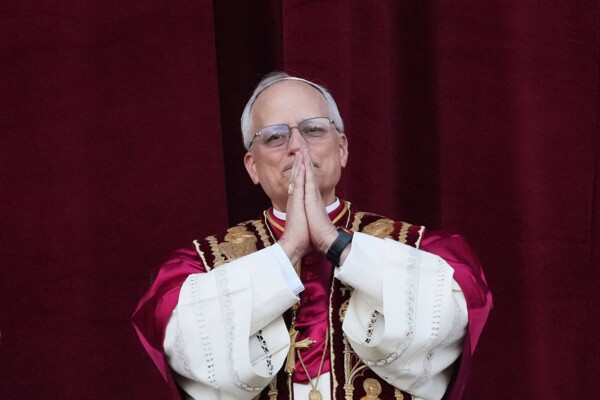
The U.S. Department of Justice filed a lawsuit against the city of Chicago and the state of Illinois, accusing them of obstructing the work of immigration authorities. The lawsuit, filed in a federal court in Illinois, asks judges to revoke and deem unconstitutional the provisions that exist at the state and local level to protect the undocumented population from deportation.
This step marks the first action of the Donald Trump Administration against a local government after warning that it would take measures against mayors and states that do not cooperate with its tough policies against the more than 11 million people living in the country without legal status. The Department of Justice points to state laws at the Cook County and Chicago level that prohibit local authorities from collaborating with immigration agents and limit the information they share about the migrant population with the federal government.
The guidelines known as "sanctuary city" laws, in effect in several major cities across the country, have been criticized by Republican politicians and by the president himself. They argue that these rules interfere with the authority of the federal government. Government lawyers assert that many undocumented migrants in the United States pose a threat to national security and that sanctuary cities provide them with a safe haven.
The Trump Administration has labeled undocumented individuals as "criminals" and promoted a narrative criticized by activists as "xenophobic." On the other hand, advocates of sanctuary government measures argue that they strengthen the relationship between local police and migrant communities, encouraging people to report crimes or collaborate with authorities without fear of deportation.
Under U.S. law, living in the country without authorization or legal status is not considered a criminal offense but a civil one.














